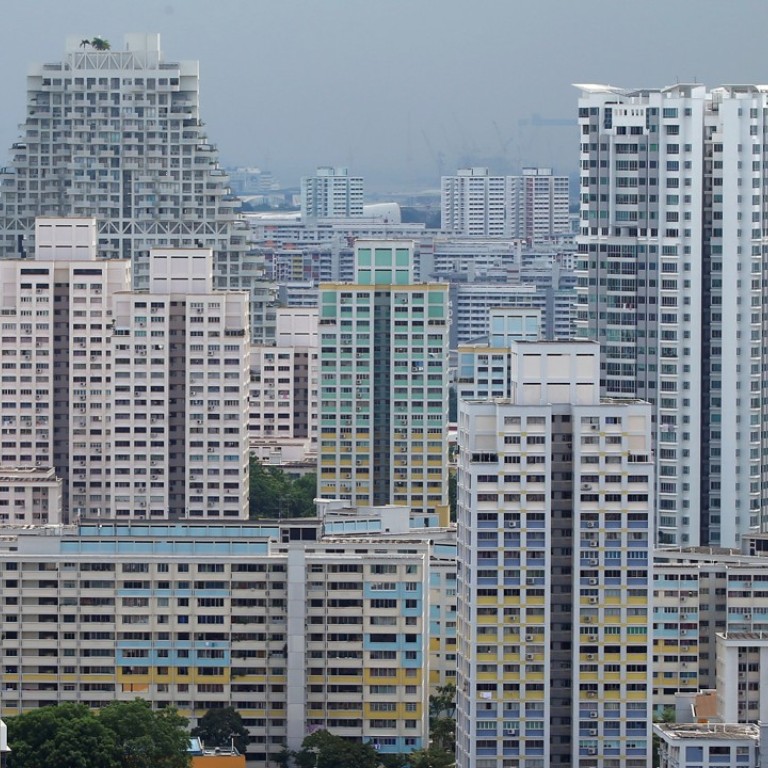
Rich in Hong Kong benefit while government ignores housing action
If we could totally eradicate property speculation through more punitive measures, prices would fall, ending shortages. There are enough homes for all Hongkongers to live in now but first-time, genuine local end-users are priced out by rich landlords or investors, which exacerbates the problem.
Wong describes government control measures interfering with markets as draconian but in fact it’s the “Washington Consensus”, neoliberalism policies championed by former British and US leaders Margaret Thatcher and Ronald Reagan that may have led to Brexit and the election of Donald Trump today.
Most modern progressive economics Nobel laureates such as Joseph Stieglitz and Paul Krugman have strongly criticised and repudiated free-market fundamentalism. Its failures are clearly seen worldwide.
In Hong Kong it has created huge wealth inequalities, a shrinking middle class and many poor living in subdivided flats. Through exorbitant property/land prices we pay among the highest tax rates in the world.
The rich and big business benefit from a low tax regime and non-government interference allowing markets to produce high property prices – they continue to win as landlords at the expense of the majority. These same big businesses and tycoons colluded with government for the system that made them rich initially but now back free competition now that they’re powerful enough to compete.
Canada, Australia and Singapore have imposed various forms of demand control measures to protect their local citizens.
As Hong Kong is nearest to China where the bulk of foreign demand comes from, temporary tougher measures are needed such as a 50 per cent buyers’ stamp duty on foreign purchases and for locals who already own homes. An annual ownership tax of 20 per cent (on assessed value) on a second property owned, 30 per cent on the third property owned and so on could also be effective
Hong Kong simply cannot build faster than the purchasing and investment needs of rich local and mainland investors.
Blaming low interest rates, waiting for rates to rise to correct our housing problem is another perfect example of doing nothing. Cities such as Sydney, Vancouver and Shanghai have higher home mortgage rates than Hong Kong, but prices there have also skyrocketed, therefore their governments intervene.
Bernard E. S. Lee, Tsuen Wan

